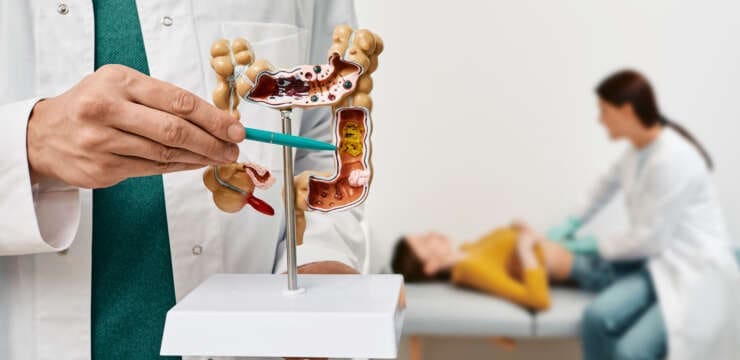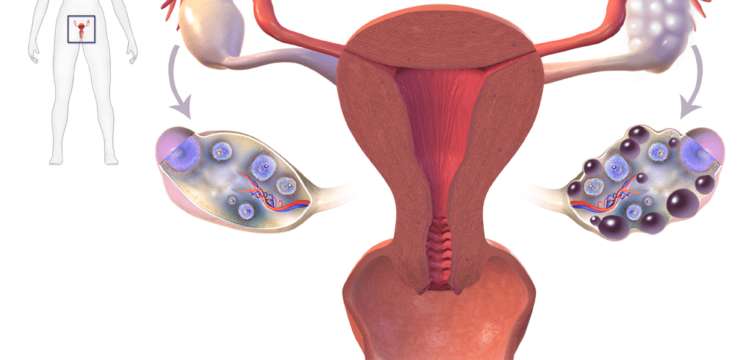Chiropractic and Integrative Care for Optimal Health The Power of Gut Health Imagine your gut as a bustling community of tiny helpers—billions of bacteria working…
Acupuncture Health Clinic Antioxidants Chiropractic Chiropractic Examination Detoxification Functional Medicine Gastro Intestinal Health Gut and Intestinal Health Health Integrative Medicine Nutrition and Wellness Probiotics Screening Tests Sleep Hygiene Stress Supplements Treatments
October 9, 2025
50Views 0Reactions 0Comments
Acupuncture Health Clinic Antioxidants Chiropractic Chiropractic Examination Detoxification Functional Medicine Gastro Intestinal Health Gut and Intestinal Health Health Integrative Medicine Nutrition and Wellness Probiotics Screening Tests Sleep Hygiene Stress Supplements Treatments
October 9, 2025
50Views 0Reactions 0Comments
Balancing Your Gut and Boosting Your Immunity
Acupuncture Health Clinic Antioxidants Chiropractic Chiropractic Examination Detoxification Functional Medicine Gastro Intestinal Health Gut and Intestinal Health Health Integrative Medicine Nutrition and Wellness Probiotics Screening Tests Sleep Hygiene Stress Supplements Treatments
October 9, 2025
50Views 0Reactions 0Comments
Acupuncture Health Clinic Antioxidants Chiropractic Chiropractic Examination Detoxification Functional Medicine Gastro Intestinal Health Gut and Intestinal Health Health Integrative Medicine Nutrition and Wellness Probiotics Screening Tests Sleep Hygiene Stress Supplements Treatments
October 9, 2025
50Views 0Reactions 0Comments

















